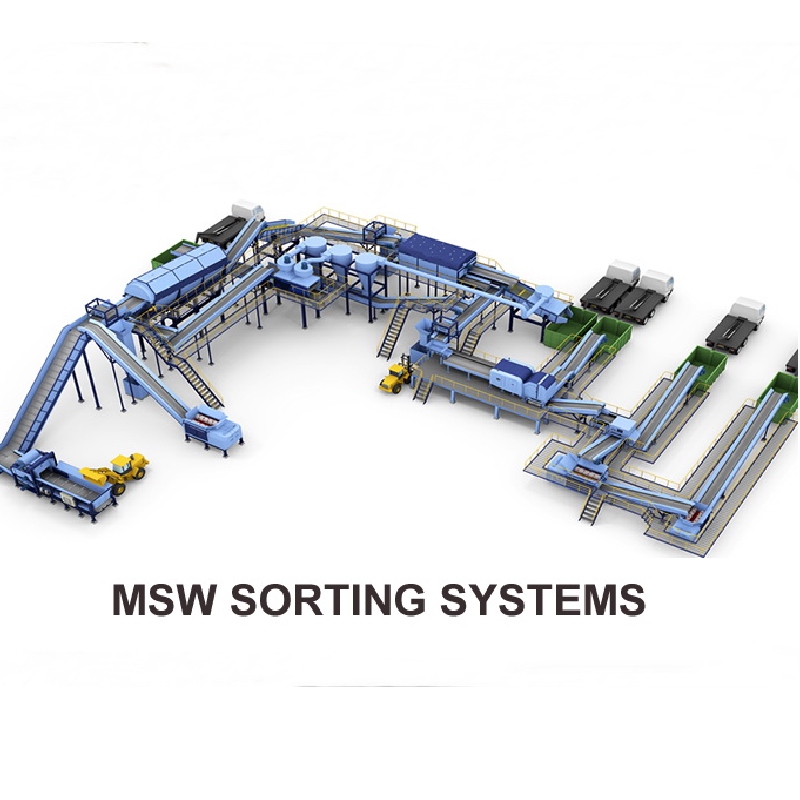

Th11 . 25, 2024 09:40 Back to list
The Rise of Metal Chippers Revolutionizing Recycling
In recent years, the world has seen a significant rise in the use of metal chippers, innovative machines designed to efficiently process scrap metal. As industries worldwide strive to adopt more sustainable practices, metal chippers play a crucial role in the recycling chain by transforming large and unwieldy metal products into manageable pieces that can be easily processed and reused.
Metal chippers are essential for various industries, including automotive, construction, and manufacturing. They are designed to handle a wide assortment of metals, from aluminum to steel, making them incredibly versatile. These machines utilize high-powered blades to shred large metal objects, such as old vehicles, appliances, and industrial waste, into smaller fragments. This process not only facilitates easier handling and transport but also enhances the efficiency of downstream recycling operations.
One of the most significant benefits of using metal chippers is their ability to maximize metal recovery. By reducing scrap metal to smaller sizes, the chipping process allows recyclers to extract a greater percentage of valuable materials. This contributes to a circular economy where resources are reused rather than discarded, aligning with global efforts to reduce waste and conserve natural resources.

Moreover, the environmental impact of metal chippers is noteworthy. Recycling metals through these machines consumes considerably less energy compared to mining and processing raw materials. For example, recycling aluminum saves up to 95% of the energy required to produce new aluminum from bauxite ore. This energy efficiency translates to a smaller carbon footprint, making metal chippers an eco-friendly solution in today's industrial landscape.
Innovations in technology have also propelled the development of advanced metal chippers. Modern machines are equipped with features such as automated feeding systems, advanced safety mechanisms, and real-time monitoring capabilities. These advancements not only improve operational efficiency but also enhance safety for workers, addressing one of the key concerns in heavy machinery operations.
The metal recycling industry is projected to grow as awareness of environmental issues increases and regulations become stricter. As a result, the demand for metal chippers is expected to rise. Companies looking to invest in these machines can benefit from various incentives and support programs aimed at promoting sustainable practices.
In conclusion, metal chippers are transforming the landscape of metal recycling. By making the process more efficient, environmentally friendly, and economically viable, they are undoubtedly paving the way for a more sustainable future in the manufacturing and recycling industries. Embracing these innovations not only contributes to resource conservation but also supports the overarching goal of creating a greener planet for future generations.
Latest news
Troubleshooting Common Eddy Separator Problems
NewsJul.04,2025
The Role of Metal Recycling Plants in Circular Economy
NewsJul.04,2025
The Impact of Recycling Line Pickers on Waste Management Costs
NewsJul.04,2025
Safety Features Every Metal Shredder Should Have
NewsJul.04,2025
How Industrial Shredders Improve Waste Management Systems
NewsJul.04,2025
How Cable Granulators Contribute to Sustainable Recycling
NewsJul.04,2025